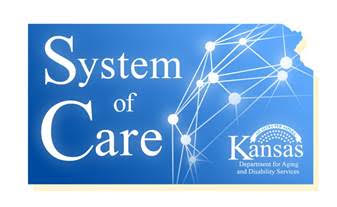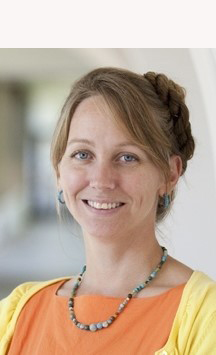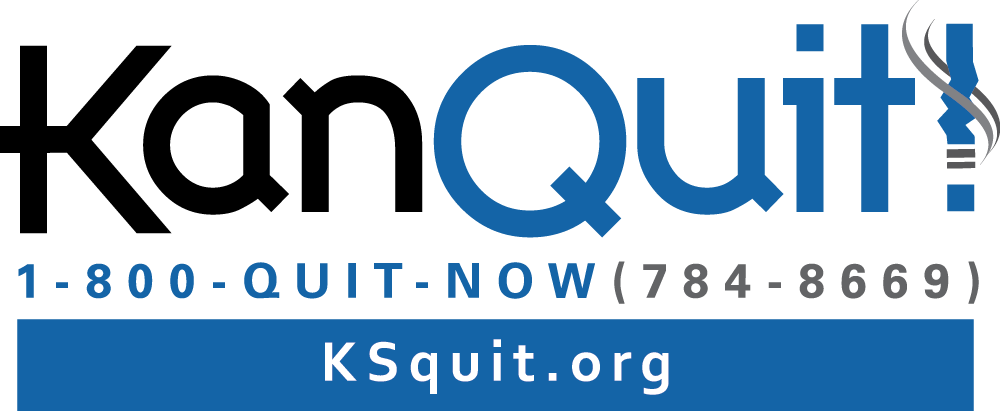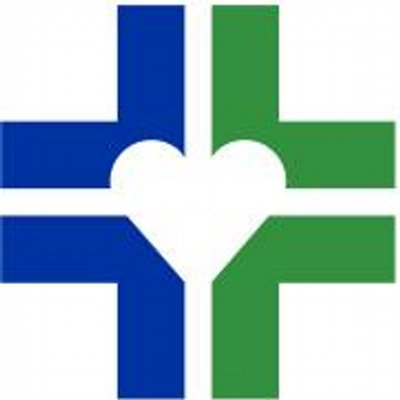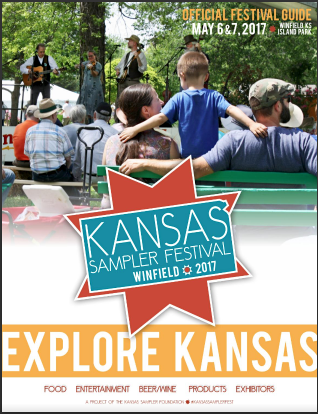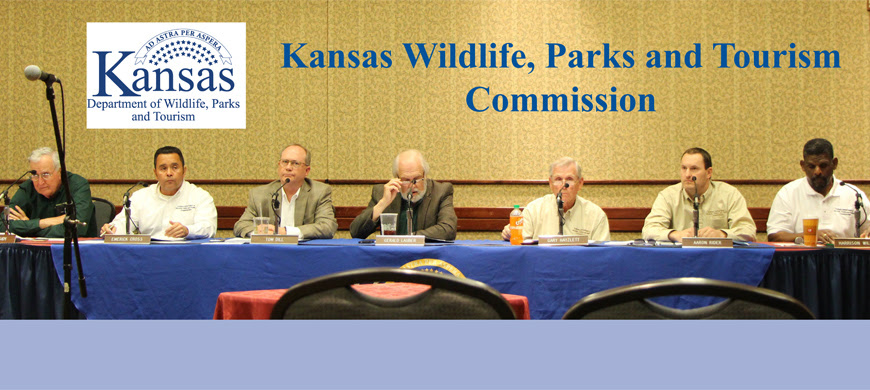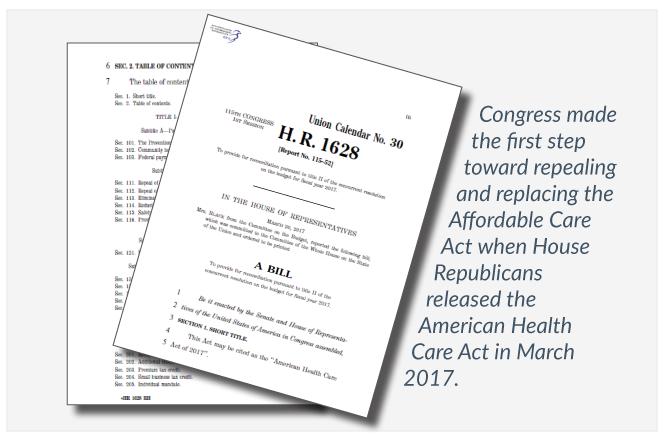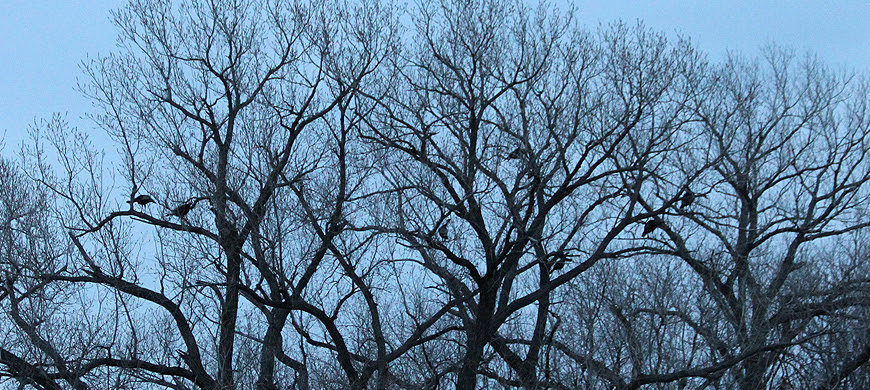TOPEKA–The Kansas Creative Arts Industries Commission is now accepting applications for its two main grant categories. The deadline for application submission is May 15, 2017 and the review dates are the week of June 5, 2017. The grant period is from June. 1, 2017 to June 30, 2018. Projects should still be active as of the review date, though relevant expenses made during the entire grant period can be included, projects completed before the review date are unlikely to be funded. The programs and their sub-categories are as follows:
STRATEGIC INVESTMENT PROGRAM
The Strategic Investment Program recognizes the important role creative organizations play in building and sustaining cultural and economic vibrancy in Kansas. By funding a variety of professional and organizational development opportunities that impact cultural programming, these grants support initiatives that use the arts to enhance community vitality, revitalize neighborhoods, generate local business, create and preserve job opportunities and impact tourism. Applicants must make a compelling case as to why this particular self-identified activity or opportunity was selected, how it will have a substantial impact on their work and community, and how it will enhance the national reputation of Kansas.
Strategic Investment Program grants are awarded in three categories:
· Organizational Development: This category provides funding for professional development opportunities for Kansas based arts organizations that help strengthen business practices, increase organizational viability and promote long term sustainability.
· New and Expanded Works: This program provides funding for new or significantly expanded productions, exhibitions, programs or events by Kansas-based nonprofit arts organizations. Projects should either be an entirely new type of program for the organization designed to diversify its services or an expansion of an existing program designed to significantly enhance the quality of current offerings.
· Equipment and Technology: This program provides funding to purchase equipment, materials, and/or technology upgrades to expand or improve an applicant’s organization.
ARTS INTEGRATION PROGRAM
Arts Integration Programs support the role the arts play in all levels of education, community service, and workforce development. This program provides funding for educational institutions, arts organizations, and community service non-profits to use the arts to increase student success, foster creative thinking, develop critical job skills, and enhance community development.
Arts Integration Programs are awarded in three categories:
· Visiting Artists: This category provides funding for eligible organizations to engage and deepen the impact of arts programming on local and underserved audiences through exposure to and interaction with professional visiting arts. Presenters may book artists in any discipline, not just in performing arts. Projects should strive to integrate an arts discipline into non-arts content areas; help interpret an exhibition, performance, or presentation; and support community development goals and objectives.
· Integrated Arts Education: This category supports new or expanded educational programming that integrates arts learning into non-arts curriculum and content areas to address emerging technologies, areas of skills shortages, STEM curricula, workforce readiness, and increase student performance.
· Innovative Partnerships: This category supports innovative programming between arts organizations and non-arts organizations to impact a variety of community and/or economic development goals. Arts organizations are encouraged to partner with other community entities (hospitals, prisons, etc.) to develop arts-centered programs that address community needs such as public health, transportation, tourism, unemployment, aging, corrections, etc.
To review the application process, as well as program and category specific policies and guidelines visit KansasCommerce.gov/CAIC.
Grants will be reviewed by peer panel and awarded at the quarterly commission meeting on June 6, 2017.
All grants are made possible through a partnership with the National Endowment for the Arts and are subject to KCAIC and NEA standards and regulations.
On April 7, 26 grants in 19 communities totaling $139,582 were awarded by the Commission in the above categories.


